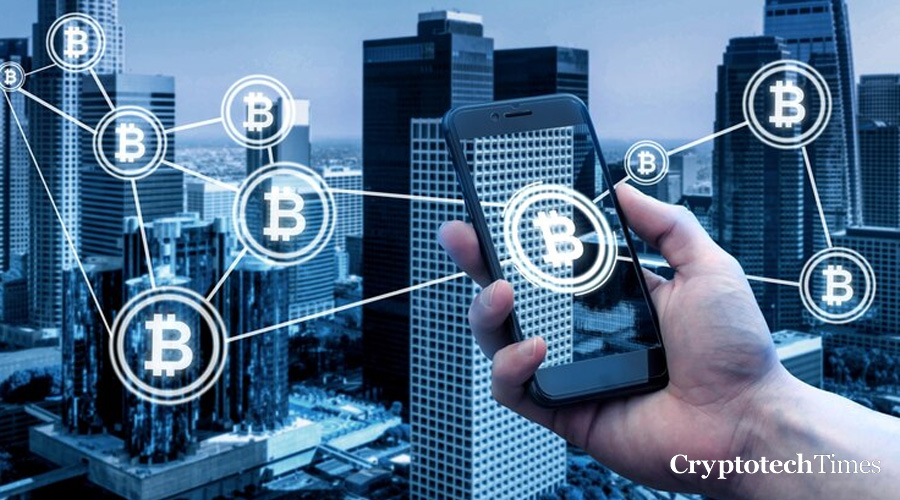Role of DEFi in Cryptocurrency
A new financial system called decentralized finance (DeFi) is built on safe distributed ledgers, much like cryptocurrency. The Securities and Exchange Commission (SEC) and the Federal Reserve set the guidelines for centralized financial institutions in the United States, such as banks and brokerages, which are the primary means by which customers obtain money and financial services. By enabling peer-to-peer transactions, DeFi upends this controlled financial structure.
DeFi leverages developments in software, hardware, connectivity, security protocols, and peer-to-peer financial networks. Banks and other financial service providers are eliminated by this approach. These firms charge both consumers and businesses for the use of their services, which are essential to the functioning of the present system. By utilizing blockchain technology, DeFi can lessen the requirement for these middlemen.
DeFi apps are made to interface with a blockchain, enabling users to use their funds independently of a third party for trade, gifting, loans, and other uses. These are installed programs that enhance the use of a device, such as a smartphone, tablet, or personal computer. DeFi would still function without the programs, but users would still need to be able to operate the terminal or command line in the operating system on their device.
By offering consumers a selection of financial possibilities, DeFi applications offer an interface that facilitates the automation of transactions between users. For instance, you may choose the option on the interface and input terms like interest or collateral if you wish to lend money to someone and charge them interest. You may look for providers online if you need a loan; they might be anybody from a bank to a private person who could lend you some cryptocurrencies after you agree on conditions.
Certain programs allow you to match yourself with another user based on specifications you input for the services you’re looking for. Given that the blockchain is an international network, financial services may be sent or received from any location in the globe.
One of the fundamental tenets of DeFi is peer-to-peer (P2P) financial transactions, in which two people consent to trade bitcoin for products or services without the involvement of a third party. By using DeFi, you can:
Accessibility: Transactions on a DeFi platform take place anywhere there is an internet connection, thus anybody may use it.
DeFi allows any two parties to directly negotiate interest rates and lend money or cryptocurrencies over DeFi networks, all with low costs and high interest rates.
Security and Transparency: Records of completed transactions and smart contracts recorded on a blockchain are accessible to the public for examination, but they do not identify your name. Blockchains cannot be altered since they are immutable.
Autonomy: DeFi platforms are independent of centralized banking establishments. DeFi protocols’ decentralized structure reduces the need for and expense of financial service administration.
The world of decentralized finance is always changing. Its environment is susceptible to frauds, hackers, and poor programming since it is uncontrolled. For instance, vulnerabilities in DeFi apps are a primary means by which cybercriminals and thieves pilfer Bitcoin.
Technology advancements have not yet kept up with the laws. The concept of distinct financial jurisdictions, each with its own set of laws and regulations, served as the foundation for the majority of existing legislation. The capacity of DeFi to conduct borderless transactions raises important concerns for this kind of legislation.






